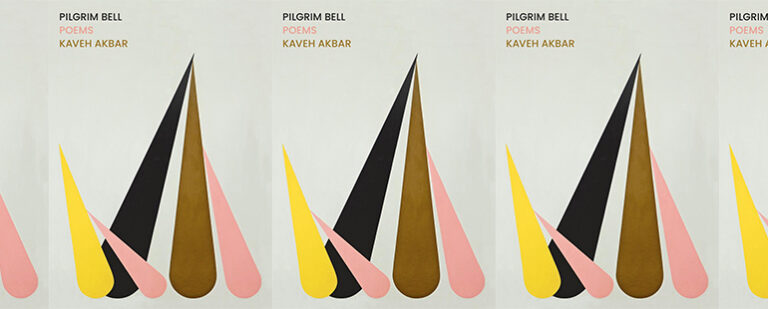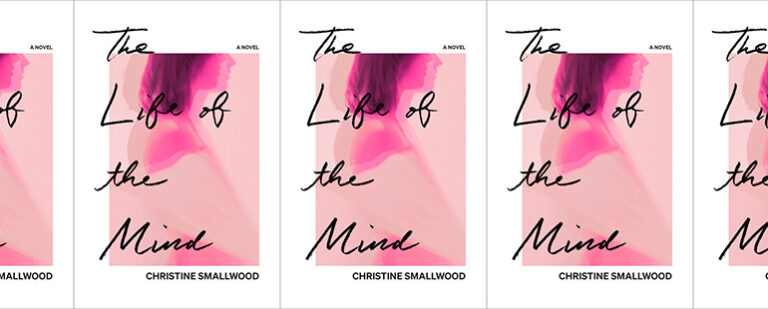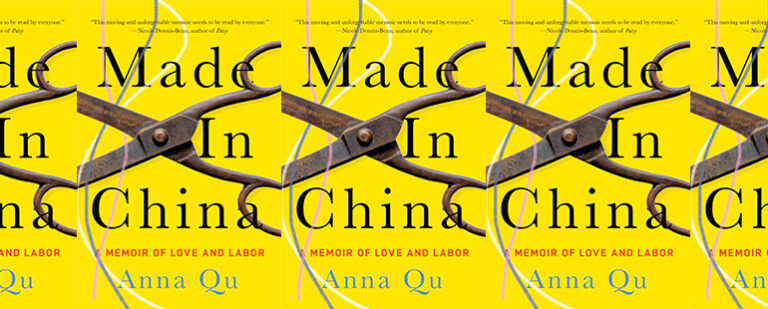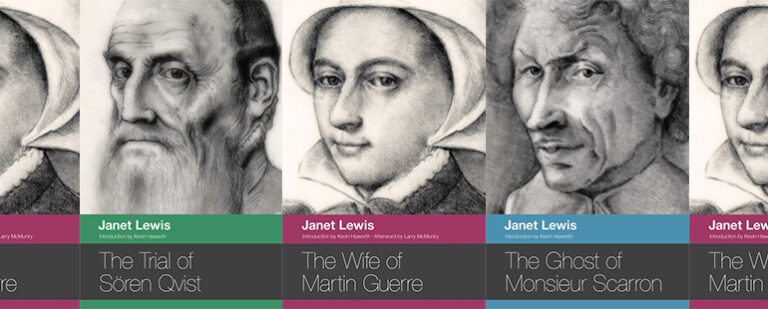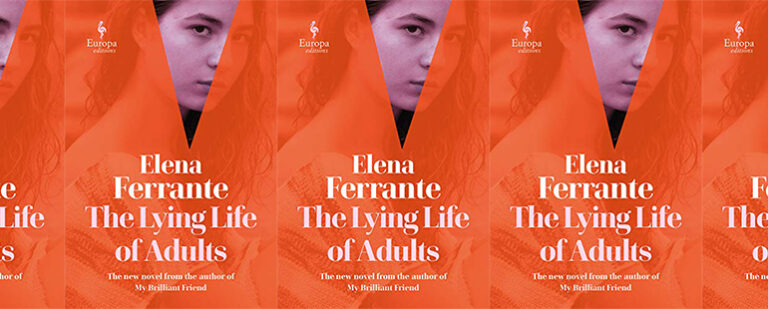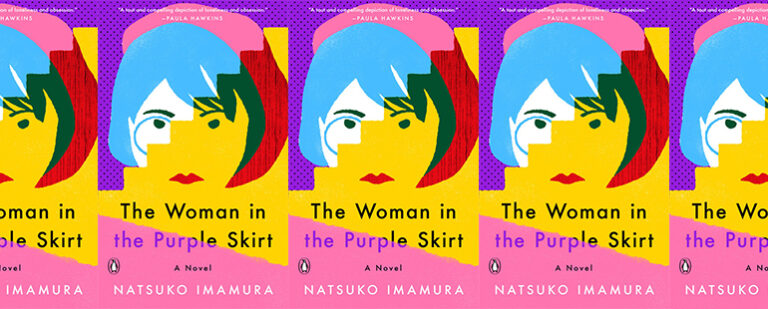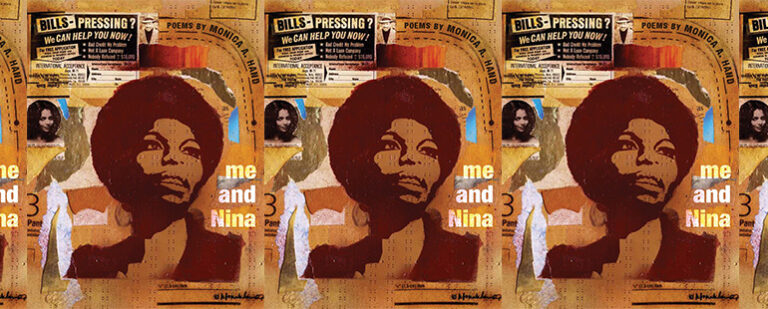The Interfaith Poetics of Pilgrim Bell
For readers who share his sensitivity to the spiritual, Kaveh Akbar forges an interfaith poetics based on shared humanity and sharply rendered difference, manifested in an ethics of interruption. We find each other, the collection seems to say, in our shared search for the divine, wounded and harnessing the forces of personal and political power.
